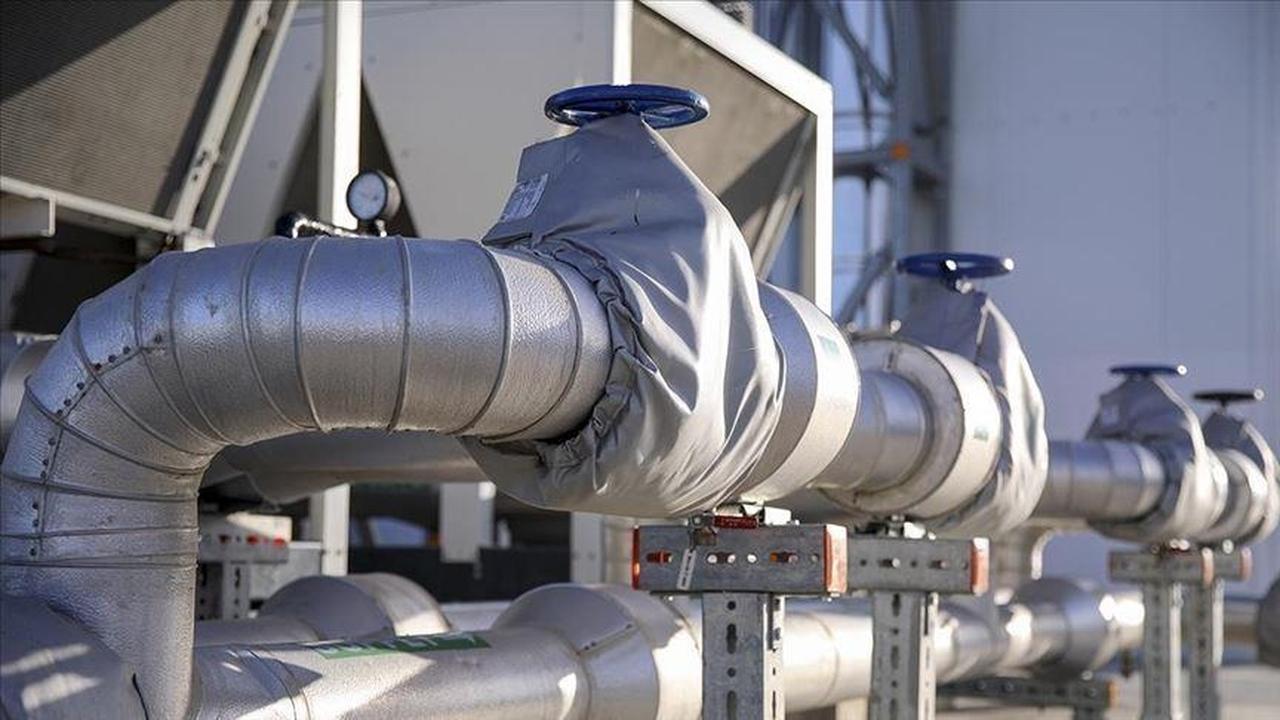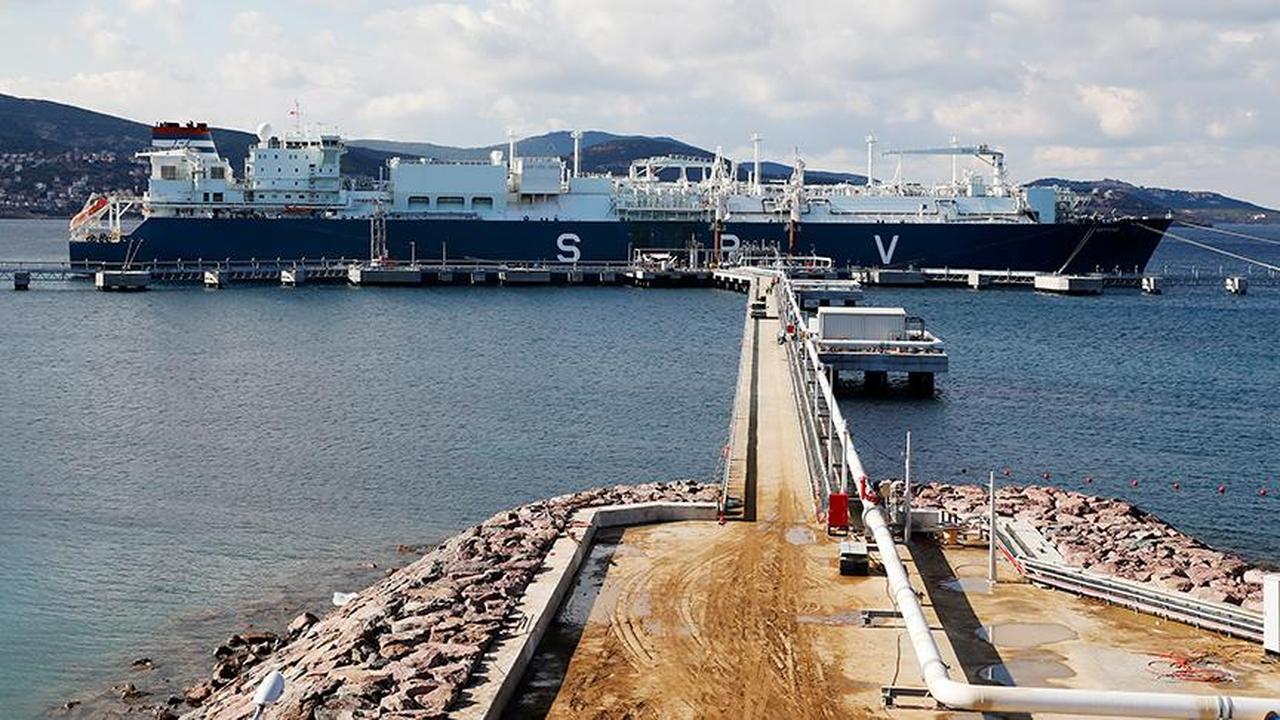
Turkish Energy and Natural Resources Minister Alparslan Bayraktar said Wednesday that the country is fully prepared to replace its natural gas imports from Iran, citing the alternative infrastructure developed in recent years as key to maintaining energy security amid shifting global dynamics.
Speaking to reporters ahead of a parliamentary group meeting, Bayraktar acknowledged that Türkiye receives a significant portion of its gas from Iran.
However, he emphasized that the country has built the capacity to maintain a stable supply even in the event of disruptions.
“We import a substantial amount of gas from Iran, but I would like to emphasize that we are able to substitute this, thanks to the infrastructure we have built,” he said.
Bayraktar’s remarks follow his earlier comments on Tuesday, where he addressed concerns over gas supplies from Iran by stating that natural gas imports from the country continue without disruption.
He also noted that Türkiye has not imported oil from Iran since 2019.
According to official data, Türkiye imported 561 million standard cubic meters (19.81 billion standard cubic feet) of natural gas from Iran in March, accounting for nearly 10% of the country’s total gas imports that month.

Bayraktar’s remarks reflect Türkiye’s strategic efforts to diversify its natural gas supply through expanded pipeline connections, liquefied natural gas (LNG) terminals, and storage capacity.
These developments are designed to reduce dependence on any single supplier, particularly amid rising geopolitical uncertainties and energy market volatility.
Türkiye’s existing infrastructure includes LNG terminals in Marmara Ereglisi and Aliaga, as well as connections with Azerbaijan and Russia and a growing role for domestic gas production in the Black Sea.

Although global energy prices, especially oil and gas, have been trending upward, the minister confirmed that the government will continue its support program to protect households from sharp cost increases.
He said the subsidy mechanism, in place for the past few years, aims to prevent international price fluctuations from significantly affecting consumers.
“Oil prices are going up in a way that affects all countries, and in parallel, natural gas prices worldwide may also increase,” he noted.
“We will continue our support program in a way that either minimizes or avoids passing on the impact on citizens.”
Bayraktar also addressed potential changes in fuel prices, reminding that Türkiye’s automatic pricing mechanism adjusts prices by global oil movements and foreign exchange rates.
He explained that rising crude oil prices, currently hovering around $75 per barrel, may soon be reflected at the pump, depending on further developments in product costs and exchange rate movements.